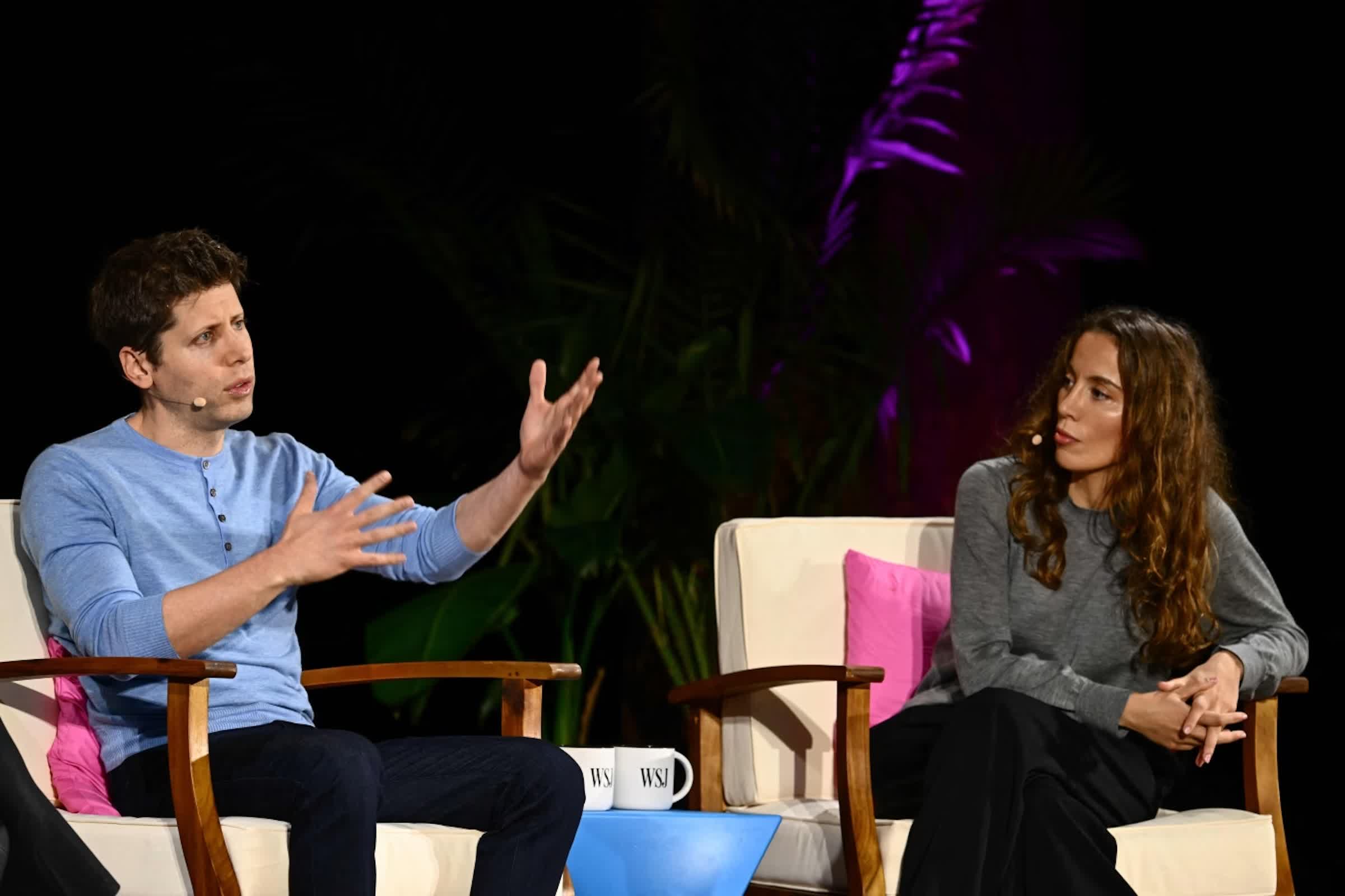Editor's take: As Big Tech and industry leaders dig ever deeper into their war chests to recruit AI talent, a profound question is emerging: Can money alone win the battle for the minds building tomorrow's most powerful technologies? Recent events suggest that, for a growing number of engineers and researchers, the answer is increasingly, and resoundingly, no.

While not in the majority, many engineers are choosing to pass up unprecedented offers in favor of staying loyal to their mission, values, and the chance to shape technology on their terms.
No case illustrates this new dynamic better than that of Thinking Machines Lab and its co-founder, Andrew Tulloch. When Meta CEO Mark Zuckerberg set his sights on bringing top generative AI talent to his new Superintelligence Labs, he reached out to dozens of employees at Thinking Machines, trying to recruit some of the highest-profile minds in the field, according to The Wall Street Journal.
Foremost among these was Tulloch, an engineer celebrated for his influential work at both Meta and OpenAI, who was reportedly offered a compensation package that could have totaled $1.5 billion over several years, depending on the company's stock performance and bonuses.
Tulloch, along with the rest of his colleagues at Thinking Machines, declined.

OpenAI CEO Sam Altman and Mira Murati, who was OpenAI's chief technology officer. Credit: WSJ
Reports indicate that Mira Murati, Thinking Machines' CEO and another prominent target, also rejected Zuckerberg's overtures – not only rebuffing acquisition talks but also seeing her team turn down massive personal financial offers. Meta, for its part, dismissed the exact figures as exaggerated when asked for comment by the WSJ, but has not denied the broader push to hire elite researchers from rivals.
These rejections are highlighting a growing trend in artificial intelligence. While historically, Silicon Valley's most celebrated engineers were known to move between companies in pursuit of increasingly larger compensation, many of today's AI pioneers appear driven by motivations beyond salary. Some, such as those at Thinking Machines, cite loyalty to their mission, the desire to help shape the direction of their companies from within, and a skepticism of putting breakthrough technology to work primarily for advertising or shareholder returns.
According to those familiar with the recruiting efforts, similar stories are playing out across the sector. Meta, despite its resources and willingness to make historic offers, has managed to hire only a limited number of employees away from competitive AI startups. Most attempts, especially with esteemed researchers, have been rebuffed.
These decisions reflect a new ethos among some of the brightest minds in technology. The chance to work in close-knit teams led by visionaries like Mira Murati or to pursue ambitious goals outside the shadow of tech's largest corporations has become a more compelling draw than even the extraordinary deals that promise to make recipients instantly wealthy.
As this shift unfolds, it underscores the growing complexity of competition in artificial intelligence. For some of the field's most sought-after innovators, factors like trust in leadership, shared purpose, and the creative freedom to influence groundbreaking work are beginning to outweigh the financial incentives once thought to be unbeatable.
AI engineers reject Meta's $1.5 billion offers to build on their own terms